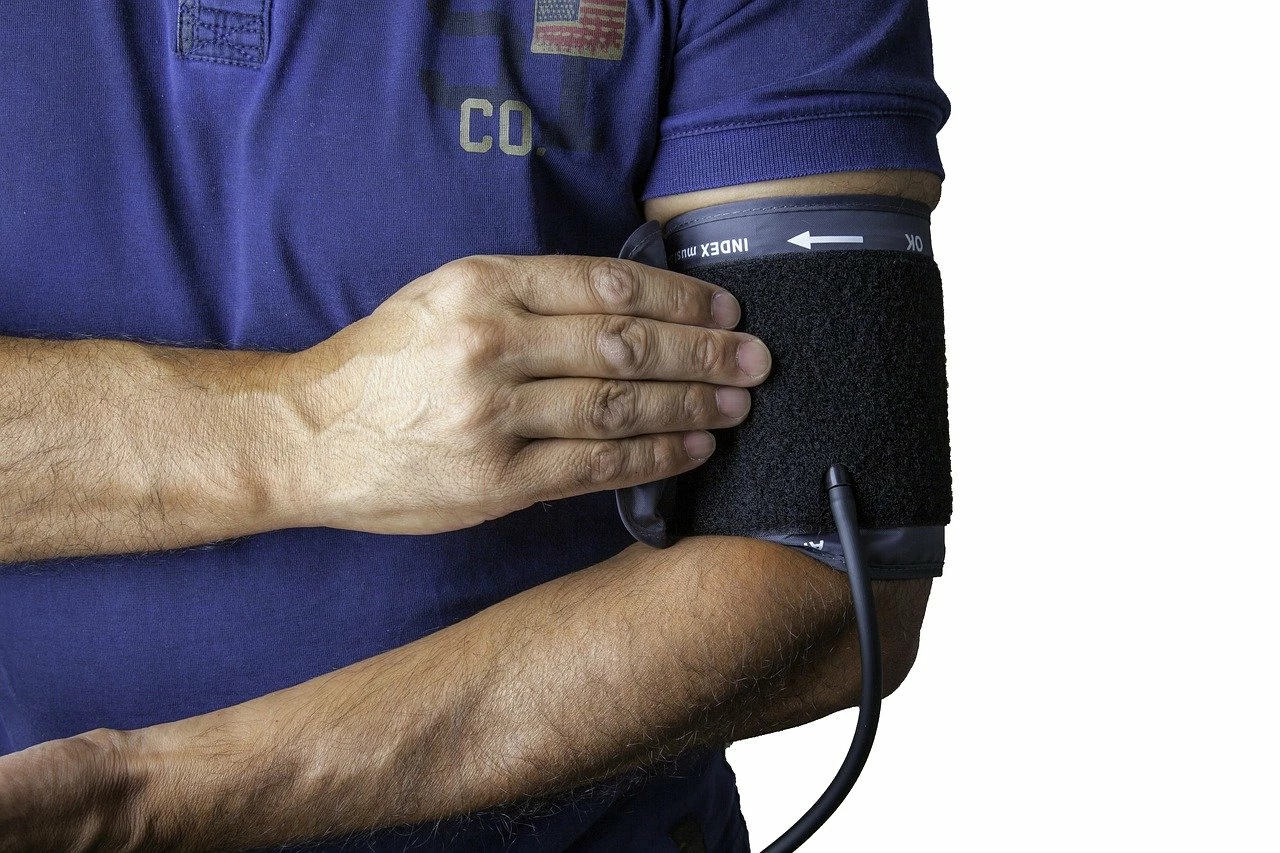
Partner Article
Employers warned that staff with a delayed medical diagnosis may take longer to recover
Since the escalation of the Covid-19 pandemic, employees have been reticent to visit medical practitioners to have their concerns investigated, as a result, diagnoses of serious illnesses are significantly lower than they should be, with year-on-year cancer diagnoses down 39%, and this will have long-term serious consequences for the treatment of both physical and mental health, employers are being warned. This is the case for serious illnesses such as cancer, everyday issues such as musculoskeletal, and mental health concerns.
The earlier a serious illness - such as cancer - is detected, the better the chances of recovery, less treatment is needed, and treatment time is reduced. Likewise, with an increase in employees working from home in unergonomic environments and taking up new exercise regimes there has been an increase in musculoskeletal concerns, but the later that such issues are addressed, the longer treatment and recovery can take. This is also true for underlying health conditions, which if left unmonitored, such as high blood pressure and BMI can lead to more serious conditions such as stroke and cardiac arrest. Similarly, when mental health issues are left unsupported, they can escalate and become more serious. Conversely, the opposite is true in all cases: the earlier the diagnosis, the better the chances of a quicker and more positive outcome.
Christine Husbands, managing director for RedArc Nurses says, ‘The later that employees get support, the more serious and complex their needs become. This can take a lot of unravelling, takes longer to treat and means a lot more stress for the individual.’
Encourage utilisation of health and wellbeing benefits
Many medical facilities have introduced steps which enable them to continue supporting people safely, such as implementing extra hygiene measures, offering virtual diagnoses, treatment at home and having Covid-free facilities so employees can feel confident using them. Many health and wellbeing benefits include access to screening, early diagnostics, fast-track access to treatment and emotional support, and it’s important that employers encourage their utilisation.
Christine Husbands continued, ‘Coming out of this pandemic, what we don’t want to see is a serious-illness pandemic or mental-health pandemic, when early intervention means that’s preventable. Employers have an important role to play here. Fewer-than-usual employees accessing their health and wellbeing benefits is not good news. Health and wellbeing benefits are in place for when employees need it, be that financial, practical or emotional. In practice, fewer employees accessing support now is just likely to mean bigger claims later, longer treatment and more time off work, all of which is worse for the employee and the employer. We must work together to encourage people to access the support available.’
This was posted in Bdaily's Members' News section by Christine Husbands .
Enjoy the read? Get Bdaily delivered.
Sign up to receive our popular morning National email for free.






 A legacy in stone and spirit
A legacy in stone and spirit
 Shaping the future: Your guide to planning reforms
Shaping the future: Your guide to planning reforms
 The future direction of expert witness services
The future direction of expert witness services
 Getting people into gear for a workplace return
Getting people into gear for a workplace return
 What to expect in the Spring Statement
What to expect in the Spring Statement
 Sunderland leading way in UK office supply market
Sunderland leading way in UK office supply market
 Key construction developments in 2025
Key construction developments in 2025
 Mediation must be part of planning process
Mediation must be part of planning process
 From apprentice to chief financial officer
From apprentice to chief financial officer
 Don't stifle growth with apprenticeship cuts
Don't stifle growth with apprenticeship cuts
 The start-up landscape: What lies ahead in 2025
The start-up landscape: What lies ahead in 2025
 JATCO adds welcome drive to automotive sector
JATCO adds welcome drive to automotive sector